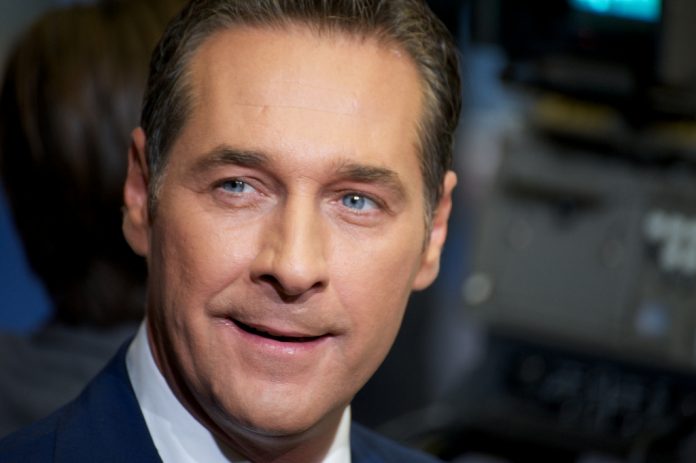When Austria’s new government is sworn in on December 18, the country’s far-right nationalist Freedom party will control several powerful ministries: the defence, interior and foreign ministries. And its leader, Heinz-Christian Strache, will become vice-chancellor.
The Eurosceptic Freedom party will govern together with the centre-right People’s party of 31-year-old chancellor-elect Sebastian Kurz.
As reported by The Financial Times, the progress and policies of Kurz’s government will be closely watched around the European Union, where mainstream politicians have grown increasingly concerned about the rise of nationalist and populist political forces.
Pierre Moscovici, the EU’s centre-left commissioner for economics, warned that the Freedom party’s presence should “arouse the vigilance” of democrats who supported European values. “The presence of the extreme right in power is never trivial,” he said.
On the other hand, Marine Le Pen, the leader of France’s National Front who failed in her presidential bid in May, said Freedom’s government role in Austria was “excellent news for Europe”.
Kurz, who won Austria’s national election in October after a campaign promising to halt illegal immigration, as well as tax cuts and institutional reforms, is slated to meet EU leaders in Brussels on December 19.
According to The Financial Times, the party’s Russia links — it has close ties with United Russia, the party of Vladimir Putin — could further raise concerns among western allies, for instance over intelligence sharing.
Also, the Freedom party is notorious beyond Austria for its historical links with pan-German nationalists, anti-Semitic voices and airbrushing the country’s Nazi past. When the party joined a government in 2000, Austria was ostracised by its EU neighbours.
In a separate report, the Agence France-Presse (AFP) noted that the new coalition government plans to halt “illegal immigration” and to speed up the asylum process to deport those who are not accepted. Asylum is “temporary protection” only.
And those “refusing to integrate must expect sanctions” and “parallel societies” must be prevented.
Austria’s “immigration into the social system” will also be overhauled. For instance, monthly payments to those with asylum and subsidiary protection will be cut to €365 plus an “integration bonus” of €155.
The coalition also wants a “slimmer state”, with the aim of cutting state expenditure by several billion euros. Lawmakers will see their salaries frozen.

